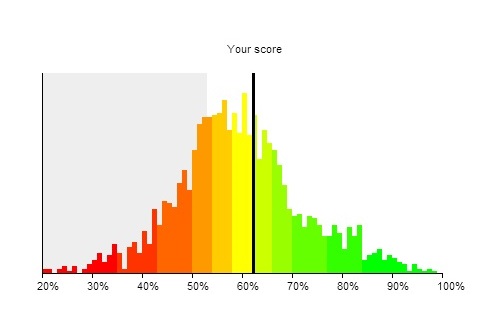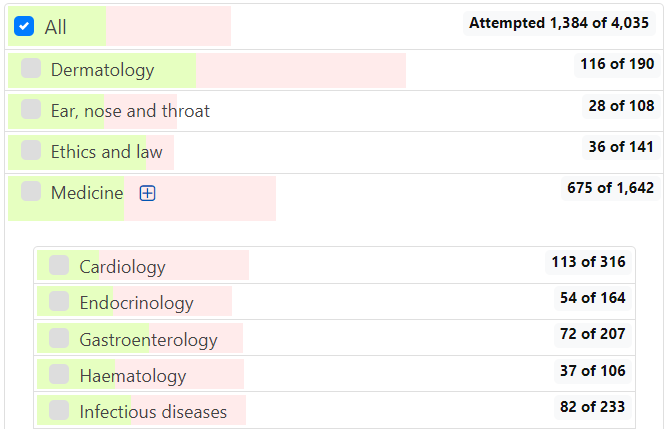MRCS Part B revision
The MRCS part B exam is an exam which is delivered in the OSCE format.
At the current time it has been adjusted as a result of the global coronavirus pandemic. In the autumn 2020, the number of stations was reduced from 17 to 13. Some stations were adjusted to reduce the potential for close contact.
The OSCE will normally consist of 18 examined stations each of 9 minutes duration. These stations will be divided into broad content areas (BCAs) as follows:
Anatomy and surgical pathology (5 stations)
Applied surgical science and critical care (3 stations)
These two BCAs will be grouped together for the purposes of passing the examination and will be known collectively as Applied Knowledge (8 stations = 160 marks)
Clinical and Procedural Skills (6 stations)
Communication skills (4 stations)
Giving and receiving information
History Taking
These two BCAs will be grouped together for the purposes of passing the examination and will be known collectively as Applied Skills (10 stations = 200 marks)
There may, in addition, be one or more preparation station and one station that is being pre-tested. Any such pre-testing station will not contribute towards the final mark of the examination. Candidates will not be informed which station is being pretested.
We have developed a resource that will assist candidates in preparing their core knowledge for the content of the part B exam. We have designed the resource so that you can add your own notes for later reflection and to test your knowledge as a form of self assessment.
I hope the resource proves helpful to your preparation
Edward Smyth
MB, ChB, B Med Sci, DPhil, FRCS
Consultant Surgeon
Why not take a free demo?
MRCS Part B subscription options
Am I on track to pass? How do I compare to others?
eMRCS constructs a histogram based on other candidates scores which is updated on a daily basis. This not only allows you to see where you are in the pecking order but also helps predict whether you're ready to take the exam.


All the features you'd expect. And more.
Revision mode, timed tests, extensive performance analysis and powerful question review functions. Not only are eMRCS questions accompanied by answers there are also revision notes under each question. Flag questions, add your own revision notes and much more...